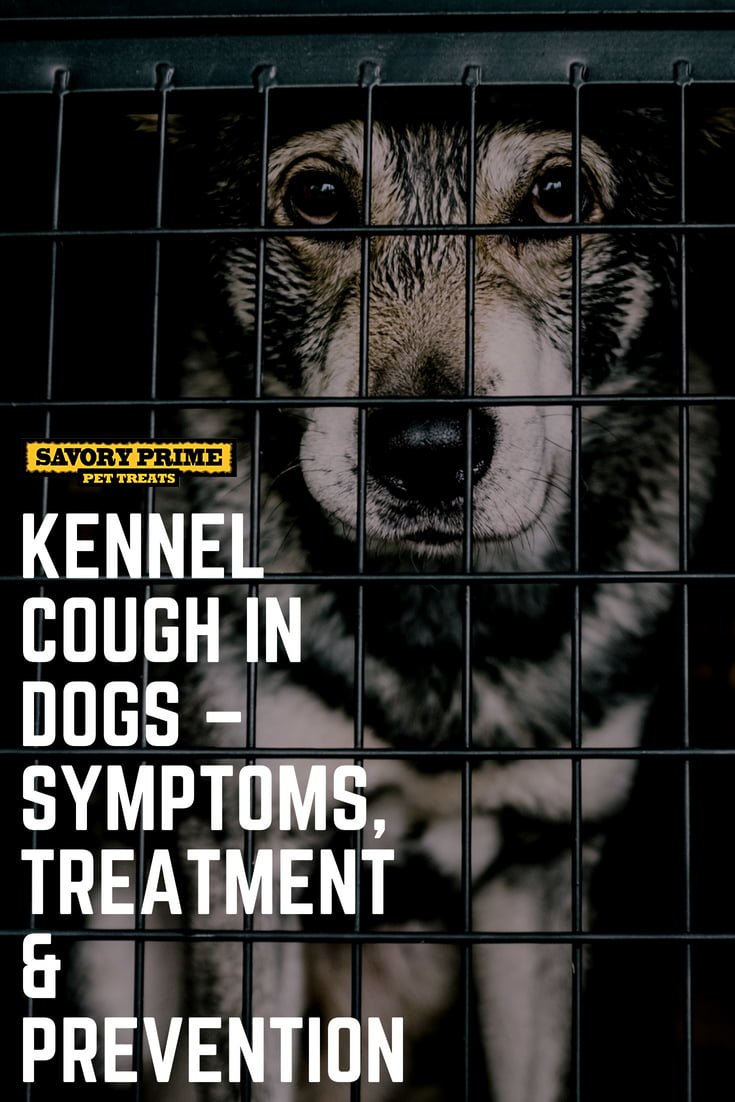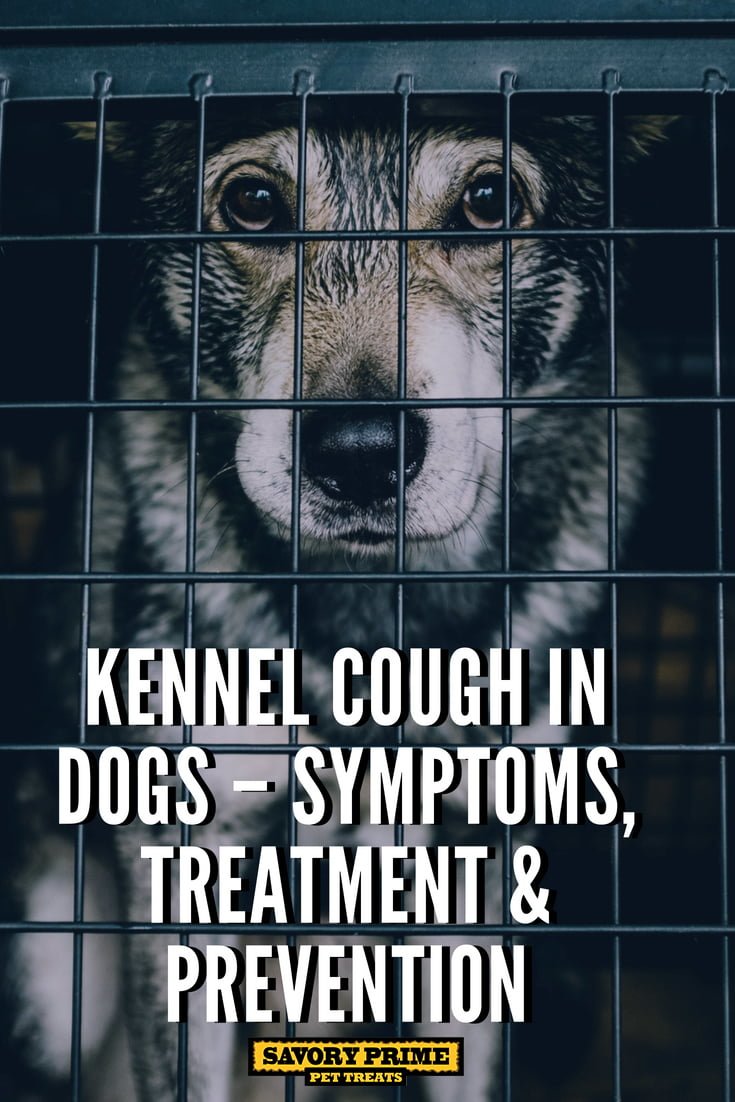What Is Kennel Cough?
Kennel Cough (also known as canine infectious tracheobronchitis) is a highly contagious respiratory disease. Dogs commonly contract kennel cough at places where large amounts of canines congregate, such as boarding and daycare facilities, dog parks, training groups, and dog shows. Dogs can spread it to one another through airborne droplets, direct contact (e.g., touching noses), or contaminated surfaces (including water/food bowls). It’s highly treatable in most dogs but can be more severe in puppies younger than six months of age and immunocompromised dogs.
What are the Symptoms of Kennel Cough?
If your dog is affected with kennel cough, you may notice one or more of the following symptoms:
- a strong cough, often with a “honking” sound – this is the most obvious symptom
- runny nose
- sneezing
- lethargy
- loss of appetite
- low fever
Although kennel cough is easily treatable in healthy dogs, Kevin Fitzgerald, DVM, a columnist for AKC Family Dog, explains that it’s important to report a coughing symptom to your veterinarian because it could be a sign of a more serious disease.
“The canine distemper virus and canine influenza virus both start off with symptoms nearly identical to kennel cough,” he said. Other conditions that can cause coughing include a collapsing trachea, bronchitis, asthma, and even heart disease
How Is Kennel Cough Treated?
Typically, mild cases of kennel cough are treated with a week or two of rest, but a veterinarian may prescribe antibiotics to prevent a secondary infection and cough medication to ease the symptoms.
“Nebulizers and vaporizers utilizing inhaled antibiotics or bronchodilators have been reported to be beneficial but are usually not prescribed,” Dr. Fitzgerald said. Speak to your veterinarian for treatment recommendations. Also, it’s important that owners use a harness rather than a collar to walk a dog with kennel cough because irritation of the tracheal can aggravate the cough and possibly even cause damage to the trachea. If you have a household with multiple pets, it may be useful to separate them as much as possible or at least to separate their water and food bowls to prevent the sick dog from infecting the other animals. Humans cannot catch kennel cough.
Can Kennel Cough Be Prevented?
A vaccine is available for the bordetella bacterium, which is the most common agent to cause a kennel cough. Dogs who are frequently boarded, visit doggie daycare, compete in canine sports, or otherwise are exposed to large groups of dogs may benefit from the vaccine, and many training, boarding, and daycare facilities require proof of vaccination. The vaccine is available in oral, intranasal, and injectable forms, and depending on the form, it is usually initially given in two doses two to four weeks apart, followed by a booster every six months to a year.
Although most cases of kennel cough are caused by bordetella, some are caused by other agents, including the bacteria Bordetella bronchiseptica, canine adenovirus type 2, canine parainfluenza virus, canine respiratory coronavirus, and mycoplasmas, so the vaccine may not prevent your dog from catching the disease.
If you notice your pet coughing or if you plan to introduce your dog to large groups of animals, speak with your veterinarian.
Recent Pet Posts
Blog Categories
Product categories
- Accessories (7)
- Chicken & Veggie Wraps (8)
- Grillers Jerky Tenders (4)
- Jerky Treats (10)
- Made in the USA (9)
- Non-Rawhide Treats (28)
- Beggar Bone (11)
- Bully Sticks (4)
- Butcher Bone (4)
- Cod Skin Fish Treats (3)
- Pork Skin Twists (2)
- Pressed Rawhide Bones & Rolls (16)
- Bones & Rolls (6)
- Pressed Rawhide Bulk (6)
- Twist Sticks (4)
- Savory Munchies (13)
- Supreme Bones & Rolls (48)
- American Rawhide Bulk (16)
- Rawhide Bones (14)
- Rawhide Chips (6)
- Rawhide Rolls & Sticks (12)
- Uncategorized (8)




